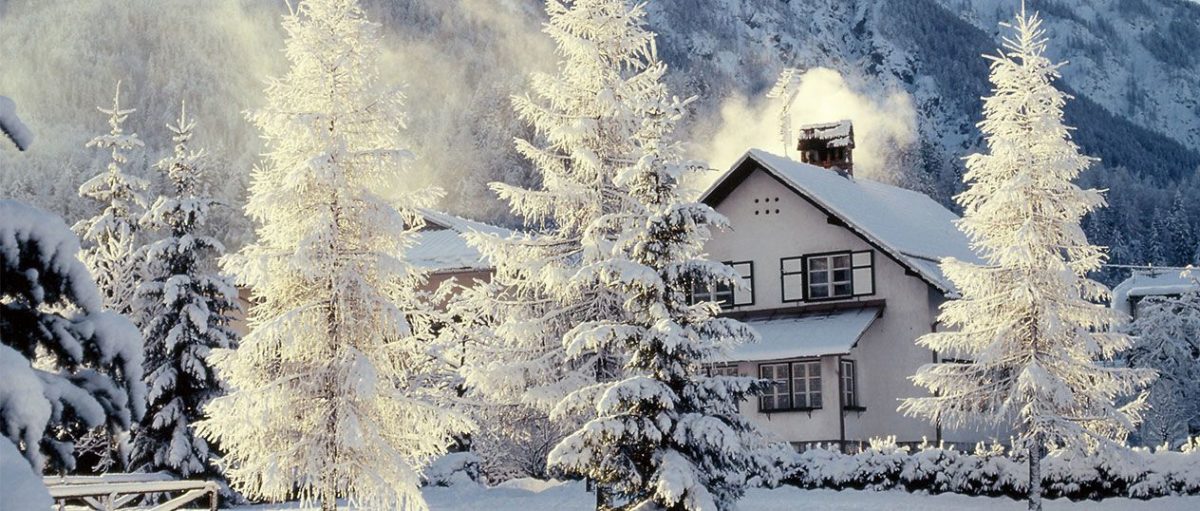Your investment property daydream just got a little more practical.
We get it—the mountains are calling your name and you must go. With each visit, you dread saying goodbye. You may be thinking: What could be more perfect than hiking, climbing, and kayaking whenever I want? We agree. Who wouldn’t want to wake up to sunrise views on misty mountain tops? While moving to the mountains might sound heavenly, there are some things you should consider before you begin the ascent to this unique kind of homeownership, and your new mountain home.
1. Map out your goals and intentions
This is a big investment, so take the time to decide what you want out of this home. Will this be your new primary residence? Or is this a vacation home? Are you looking for a fixer-upper, a quaint cottage, or a private palace? It’s important to determine your goals for a mountain home before you begin the process of shopping and buying to set accurate expectations for yourself.
2. Consider the transition
This is especially important for buyers who would be moving from city life to mountain life. You’ll want to think about what you might be losing about urban or suburban living. For example, how important is cell phone service? Are you O.K. with frequent poor cell reception? What about Internet? Some of the conveniences of your everyday life may not be so convenient in your new mountain life.
3. Plan to commute just about everywhere
Generally speaking, life in the mountains is secluded—and that’s probably what you’re looking for. But this might come as a bit of an inconvenience when you need to make a “quick trip” into town. When shopping for a mountain home, be sure to calculate the drive to the nearest gas station, grocery store, shopping mall, and the like. This point is even more crucial for those who might be purchasing a mountain home to replace their current primary residence. If that’s you, you’ll also want to map out your route to work before you select your home.
4. Be ready for anything
While weather in the mountains can be absolutely stunning, it can also be treacherous. Do your research and know what types of natural disasters or inclement weather the area is prone to and choose your home accordingly. If frequent storms cause power outages, the home you’re looking for should include a generator, or give you the flexibility in your budget to purchase one. If your home is in a lava, avalanche, flood, or forest fire zone, you may want to rethink its location or be prepared for extra insurance bills.
5. Factor in additional costs
This tip isn’t just for potential mountain homeowners to consider. No matter the house you’re purchasing, additional fees and closing costs will be attached to the total cost of your mortgage. However, for mountain homes, these typically run up a steep bill. We recommend you research and calculate the property taxes, homeowners insurance, disaster insurance, and amenities fees (if you’re looking at resort communities) with one of our experts to ensure that you’re making an affordable purchase.
6. Say hello to the neighbors
Once your search for the perfect mountain home is narrowed down, visit the area and get to know your potential neighbors. This will help you feel out the environment and give you some helpful insight during the shopping phase when you need the scoop on the area’s pros and cons. All things considered, you should know who you’re near, especially in the event of an emergency. A sense of community is important, even in a secluded lifestyle—you never know when you’ll need a helping hand.




